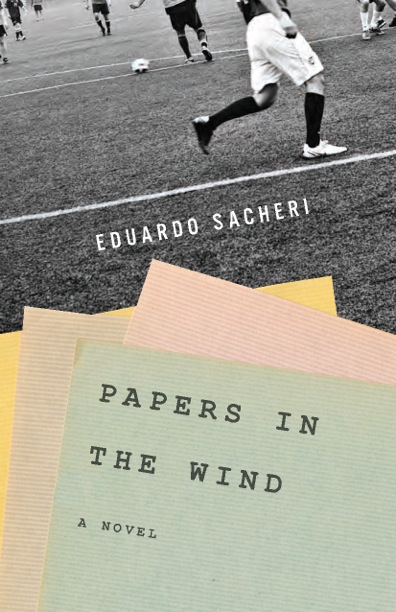Book Review: Papers In The Wind


Eduardo Sacheri
Courtesy of Other Press
Latest Article|September 3, 2020|Free
::Making Grown Men Cry Since 1992


Eduardo Sacheri
Courtesy of Other Press


